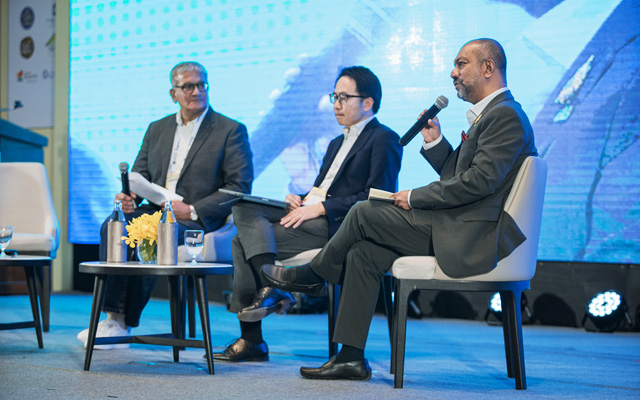International associations are emerging as key players in shaping the future of the business events industry, particularly in the development of secondary destinations.
This was a key theme at the PATA Destination Marketing Forum (PDMF) 2024 held in Phetchaburi province in Thailand recently, where panellists discussed the potential of associations to elevate emerging destinations as their membership expands.

Traditionally, cities like Bangkok, Jakarta, and Kuala Lumpur have been magnets for association meetings. However, as associations expand and their membership base diversifies, there is a shift towards holding events in secondary and tertiary cities, driven by factors like cultural heritage and unique experiences, according to Prabha Nayar, brand strategist at Epic Works Consultancy.
Noor Ahmad Hamid, CEO of PATA (Pacific Asia Travel Association), advised the audience to consider the perspective of event organisers, especially international associations.
“For non-profit associations, financial considerations often play a significant role in destination selection. They assess factors like the level of financial support offered by potential host cities and the opportunities for collaboration beyond monetary contributions. This presents a significant opportunity for secondary cities, but it’s crucial to identify the types of conferences that align with the city’s strengths and capabilities,” he stated.
Noor highlighted PATA’s journey as an example: “In our first 10 to 20 years, we visited main cities like Seoul, Tokyo, and Bangkok. But over the years, we asked ourselves, how do we reach a larger audience? That’s when we started moving to second-tier and third-tier cities.”
He pointed out that as the association evolves, extending to secondary destinations also gives opportunities to members because as the association grows, membership also grows beyond the capital city.
Noor emphasised the potential of secondary destinations like Phetchaburi, designated a UNESCO Creative City of Gastronomy in 2021, which could “bid for culinary-related conferences, aligning with its strengths”.
He stated that while a destination may strategically position itself based on its strengths, certain destinations actively seek to host conferences to mitigate their weaknesses.
For instance, Kuala Lumpur – a city notorious for its traffic congestion – managed to win the Union of International Public Transport Congress, where local stakeholders could learn from global practices, improve urban planning, and initiate policy changes.





















